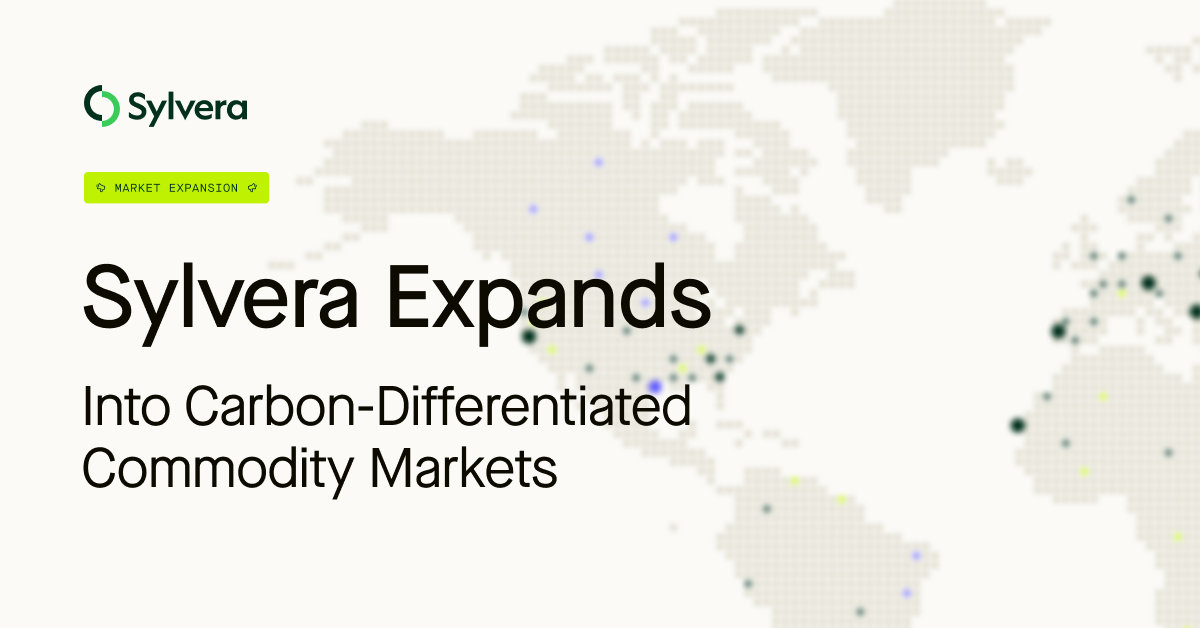“Over the years we’ve invested significantly in our field data team - focusing on producing trusted ratings. While this ensures the accuracy of our Ratings, it doesn’t allow the scale across the thousands of projects that buyers are considering.”
For more information on carbon credit procurement trends, read our "Key Takeaways for 2025" article. We share five, data-backed tips to improve your procurement strategy.

One more thing: Connect to Supply customers also get access to the rest of Sylvera's tools. That means you can easily see project ratings and evaluate an individual project's strengths, procure quality carbon credits, and even monitor project activity (particularly if you’ve invested at the pre-issuance stage.)
Book a free demo of Sylvera to see our platform's procurement and reporting features in action.
It didn't get many front page headlines, but the proposed climate disclosure rule, published by the US Securities and Exchange Commission (SEC) Monday 21 2022, is a very big deal.
It's not yet final — full implementation could still be years away — and is likely to be amended before it goes live, but it is still a potential game-changer for climate action for three reasons.
1. This draft shows real climate ambition
The draft is really strong, is going much further than most commentators expected, and shows high ambition in a range of areas.
- Scope 3 emissions disclosure
For example, it would require companies to disclose their Scope 3 emissions, which includes all emissions relating to a company's supply chains and investments. For many companies this is by far their largest chunk of emissions.
- Carbon credit details disclosure
Also impressive is that it would require companies to disclose details of the carbon credits they are using to make offsetting claims — not just the quantity, but also the price, project and vintage, allowing for an assessment of quality. Giving corporate buyers in-depth and independent insight into the quality of carbon credits is exactly what we do.
2. It will have an impact before being final
This is because businesses will want to get ahead of the new rule so that they are fully ready for it when it hits. Sure the details might change a bit — there is a particular risk to Scope 3 — but the overall message is clear: climate risk is financial risk, and the markets need to know what every listed business is doing about it.
3. SEC rules are looked at very closely by regulators everywhere
As one of the most powerful regulators in the world, setting the rules for the world's largest economy, SEC rules, even in draft, are looked at very closely by regulators everywhere. This is an example many will now closely consider following. The (re)assertion of US leadership in this agenda also increases confidence for businesses around the world that climate action is not an option but a necessity.
Many will say the draft rule goes too far — including one of the SEC's four Commissioners — but we say this is a massive leap in the right direction, especially when it comes to carbon credit quality.



.jpg)
.avif)






